Between 15h and 19th April 2024, the UNESCO Chair on Ecohydrology and Transboundary Water Management hosted at the Department of Geography and Environmental Studies, College of Natural and Applied Sciences (CONAS) of Sokoine University of Agriculture (SUA) organized the 6th International Training on Ecohydrology in Tanzania

The Guest of Honor, Prof. S. Kabote – Acting Deputy Vice Chancellor (ARC) opening the 6th training

The 6th Ecohydrology Training in Tanzania
Investing in Nature Conservation: Incorporating Bankable Nature Solutions and Blended Finance in Ecohydrology
April 15h – 19th, 2024: National Carbon Monitoring Centre - Sokoine University of Agriculture, Tanzania
Between 15h and 19th April 2024, the UNESCO Chair on Ecohydrology and Transboundary Water Management hosted at the Department of Geography and Environmental Studies, College of Natural and Applied Sciences (CONAS) of Sokoine University of Agriculture (SUA) organized the 6th International Training on Ecohydrology in Tanzania (Figure 1).
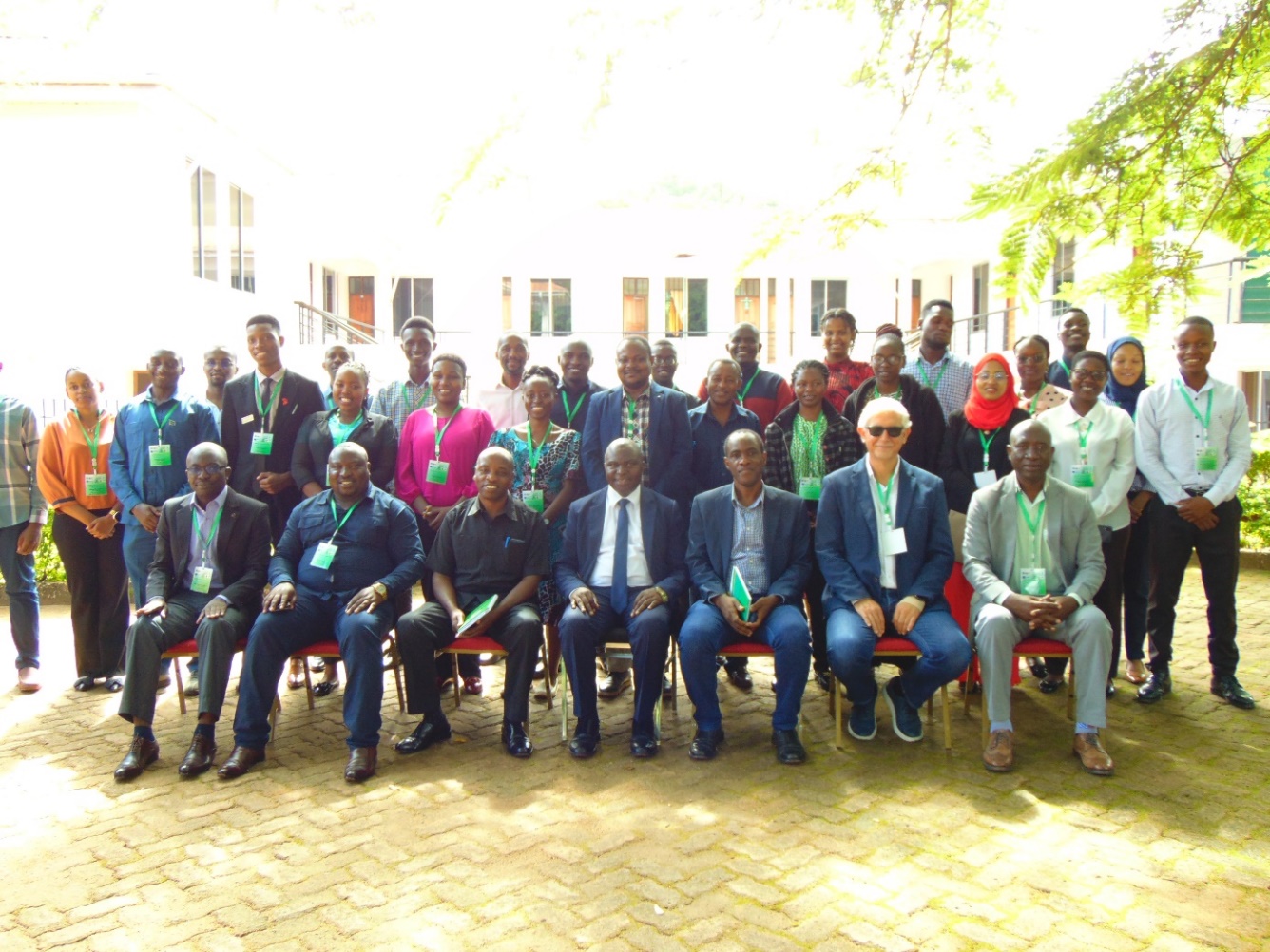
Figure 1: Group photo with the Guest of Honor, Prof. S. Kabote – Acting Deputy Vice Chancellor (ARC).
This event was conducted at National Carbon Monitoring Centre (NCMC), Sokoine University of Agriculture, Morogoro with the main theme: “Investing in Nature Conservation: Incorporating Bankable Nature Solutions and Blended Finance in Ecohydrology”.
Key partners in this event were: UNESCO Dar es Salaam Office Tanzania, UNESCO Chair on Ecohydrology: Water for Ecosystems and Societies - University of Algarve Portugal; Equiplus Company Limited - Integrated Engineered Solutions, Dar es Salaam Tanzania; Forest Sunset Hotel, Morogoro Tanzania and UNESCO Chair on Interreligious and Intercultural Dialogues, Water Sciences, Natural Resources and Ecosystems - ST. Andrew’s College of Arts, Science and Commerce, Bombay India.
Introduction
Nature’s contribution to the global economy is worth more than $125 trillion annually. However, the negative impacts that arise from ecosystem degradation and biodiversity loss are felt by nature and people across the globe. The most vulnerable people and communities are particularly affected as they rely on natural resources for their livelihoods. The UN Sustainable Development Goals (SDGs) are a wide set of goals that have been set up to counter the major challenges that our world is facing.
Currently, many institutions such as development agencies, banks and corporates are looking for ways to catalyse private investment in nature conservation. Yet, the private sector perceives nature conservation projects as relatively unattractive due to limited large-scale opportunities, limited liquid investment opportunities, non-transparent, risks, relatively low returns and long-time horizons. Therefore, investing in nature conservation through blended conservation, and bankable nature solution projects represents a massive opportunity. But deciding how to finance these projects, and harness nature’s benefits, can be challenging.
Rationale for the bankable nature solutions
Bankable nature solutions are financially viable projects which support the development of more resilient and sustainable landscapes and economies. Their bankability enables projects to accelerate scaling and replication, realizing large-scale positive impact on nature and communities. Bankable nature solutions are not just different from regular conservation projects because of their source of funding. They are intrinsically different as they involve the private sector and as their design is centred around revenue generating activities that help recover project costs and generate a return on investment.
Apart from bankable nature solution, this training focused also on blended finance to enhance sustainable flow of ecosystem services from nature. Briefly, blended finance aims at mobilizing capital from the private sector and financial institutions and create models for investments to ensure that a project eventually becomes financially viable without concessional reliance on grant and donor financing towards financially self-finance. Thus, blended finance can provide a bridge from sustaining approaches, as it creates the necessary enabling environment for investments in conservation.
Objective of the training
The training equipped trainees with ample knowledge on bankable nature solutions for environmental sustainability, blended finance for sustainable flow of ecosystem services, management and conservation of UNESCO designated sites and climate change adaptation / mitigation. Furthermore, trainees were imparted with skills on human-nature nexus and how to deal practically with environmental challenges using bankable nature solutions for ecological sustainability, ecosystem resilience and sustainable flow of ecosystem services.
Training content
This 6th training comprised of:
- The Use of Ecohydrology as Nature and Bankable Nature Solution to Ecological Sustainability
- Ecohydrology and Methodology of Science: Linking Deductive and Inductive Approach
- Impact of Climate Change in the Banking Sector and Role in Disaster Risk Reduction
- Ecohydrology Scientific Framework for Low-cost Advanced Nature-Based Solutions
- A Land Scape Approach for Carbon Finance for 4 Returns
- Ecohydrology in the Anthropocene: Necessity to Change Paradigm from Mechanistic to Evolutionary / Ecosystemic
- The Nexus Between UN Sustainable Development Goals and Ecohydrology
- Introduction to French Language for Beginners
- Environmental Assessment Practices: Current Approaches Challenges and Future Directions
- Holistic Management of UNESCO Designated Sites
- Sustainability and Nature-based Solutions
A total of 29 trainees (14 females and 15 males) attended this one-week capacity building event. The training comprised of BSc, MSc, PhD students and lecturers from Sokoine University of Agriculture (Tanzania), Maseno University (Kenya), National Microfinance Bank (Tanzania), University of Dodoma (Tanzania), Maasai Mara University (Kenya), Mzumbe University (Tanzania), NGOs (MWEA, SECCA, RIEFP and FRA - TZ) and the private sector.
Similarly, facilitators were from Sokoine University of Agriculture (Tanzania), University of Algarve (Portugal), UNESCO Dar es Saalam Office (Tanzania), European Regional Centre for Ecohydrology (Poland), Wetland International (Tanzania), Tanzania Forest Research Institute (Tanzania) and the private sector.
Highlights of the training
After the arrival of the Guest of Honor, the Chairholder highlighted key issues of the training and led the self-introduction session. Thereafter, he invited the head of Department of Geography and Environmental Studies (DGES) and Deputy Principal - College of Natural and Applied Sciences (CONAS) give their welcome remarks (Figure 2).
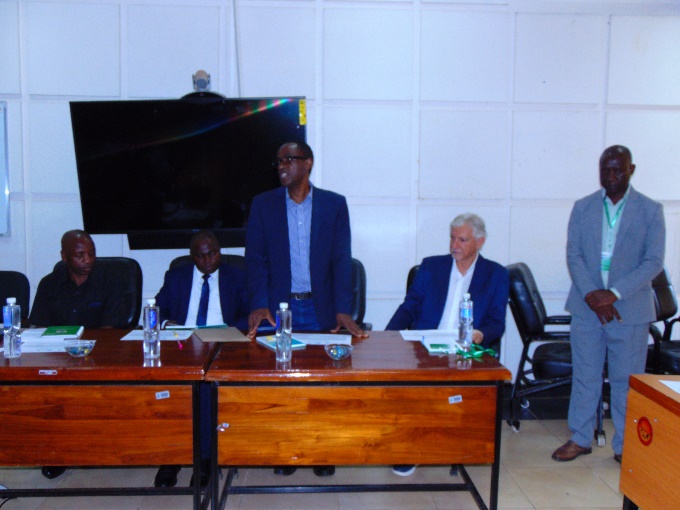
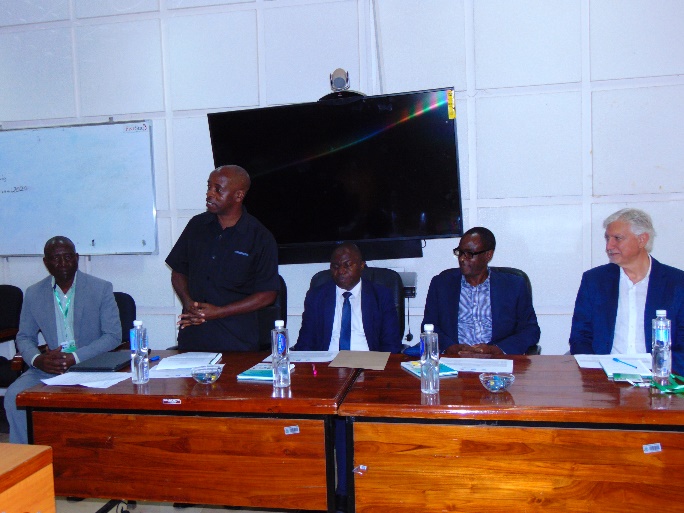
Figure 2: Dr. Emmanuel Ndetto, the head of DGES and Dr. Beda Mwang’onde, the Deputy Principal -CONAS giving their
welcome remarks
Later on, the Guest of Honor, Prof. S. Kabote – Acting Deputy Vice Chancellor (ARC) opened officially the training (Figure 3). Prof S. Kabote urged trainees (particularly students) to take the training seriously for sustainability of nature and sustainable flow of ecosystem services.
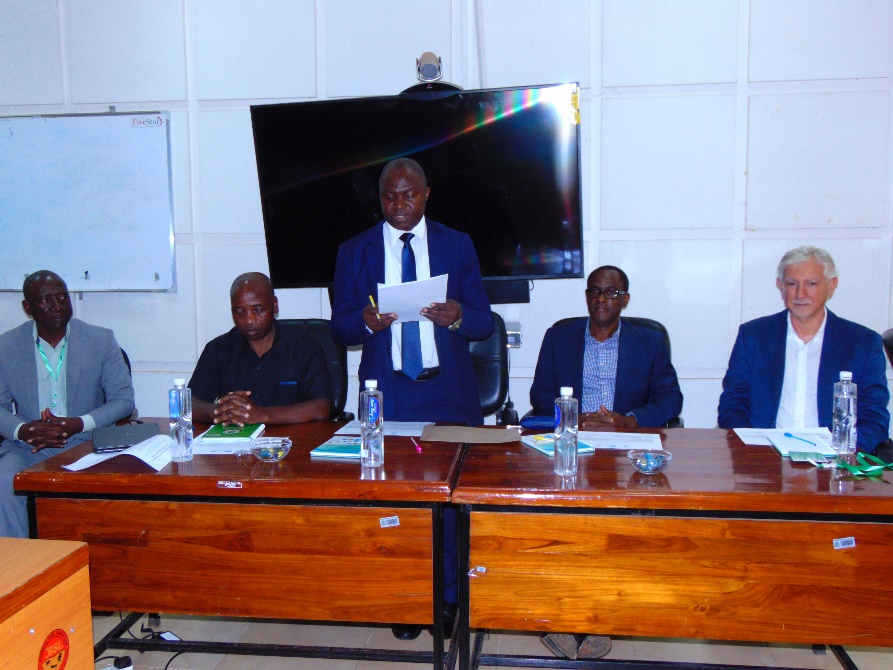
Figure 3: The Guest of Honor, Prof. S. Kabote – Acting Deputy Vice Chancellor (ARC) opening the 6th training
The Acting DVC (ARC) over-emphasized on the urgent and timely need to conserve the natural ecosystem. He stressed that: “Different natural ecosystems are facing dramatic degradation due to rampant human population growth, climate change and variability, unsustainable anthropogenic activities thereby resulting in significant reduction of ecosystem services. Therefore, bankable nature solutions are there to stay so as to reverse the current environmental degradation”.
After official opening of the training, Dr. Emmanuel Japhet (WI) and Dr. Enock Chambile (SUA) delivered lectures on Land Scape Approach for Carbon Finance for 4 Returns and Environmental Assessment Practices respectively (Figure 4).
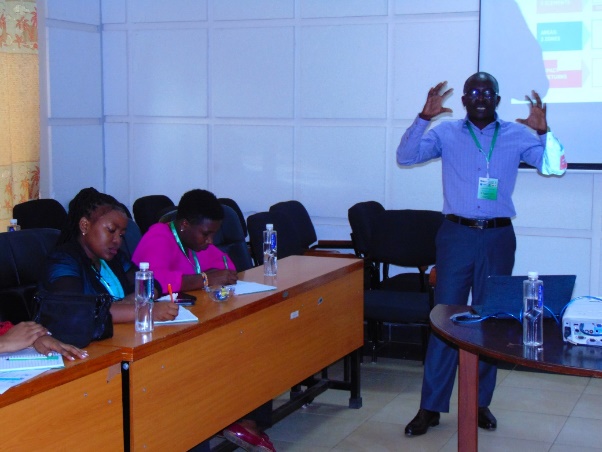
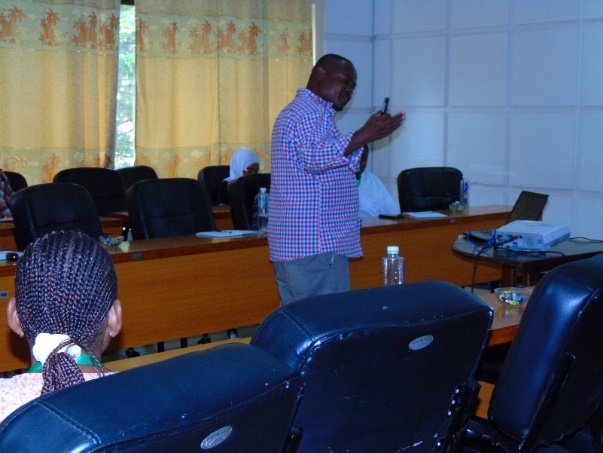
Figure 4: Ongoing sessions during the training
Mr. Keven Robert and Mr. George Mbawala presenting on UNESCO categories of protected areas and introduction to French languages for beginners respectively (Figure 5).
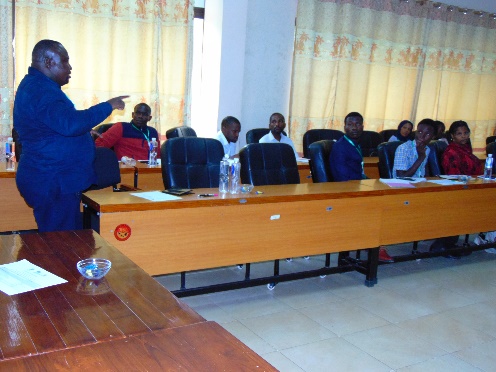
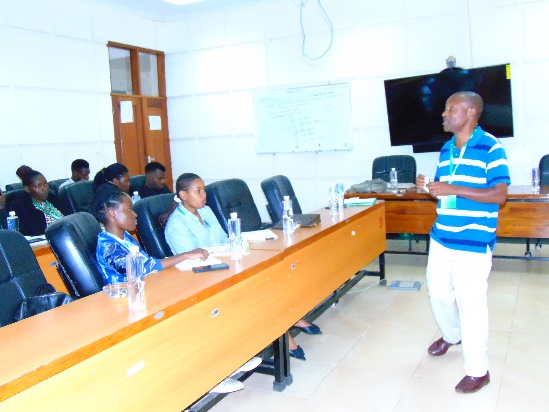
Figure 5: Facilitators presenting during the 6th Ecohydrology training
The event involved group work sessions and presentations (Figure 6).
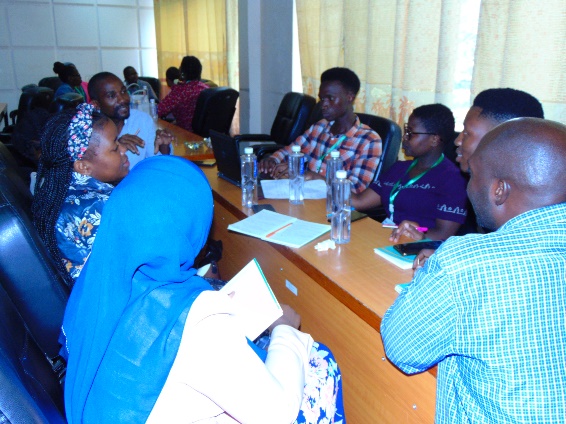
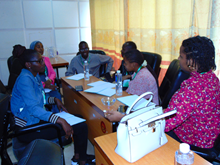
Figure 6: On going group work
Trainees had also the opportunity to share research findings, achievements, experiences and challenges about environmental conservation (Figure 7).
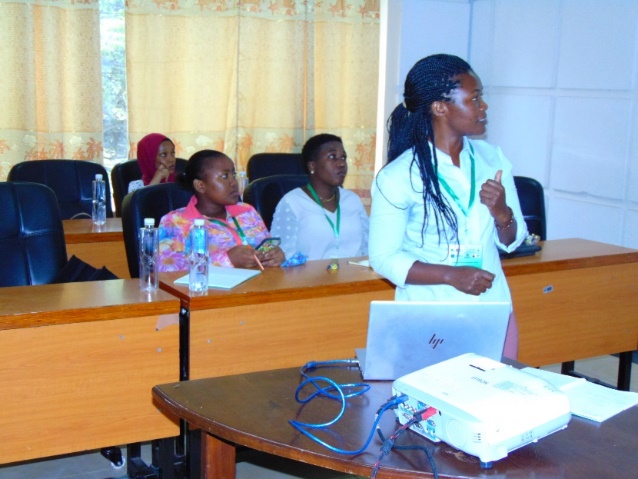
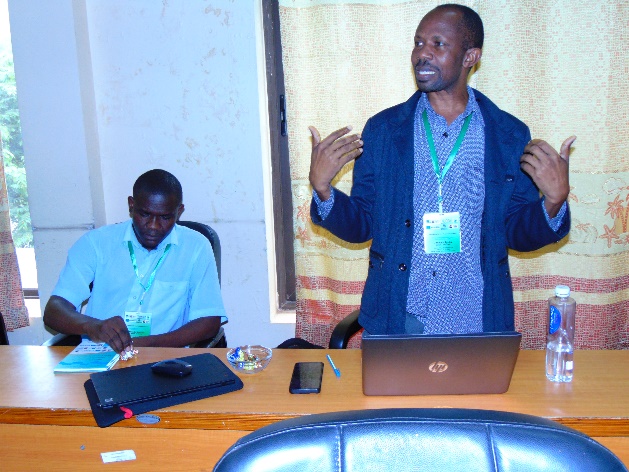
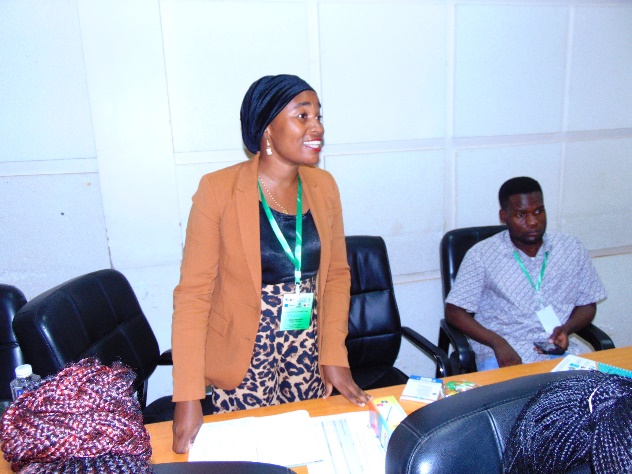
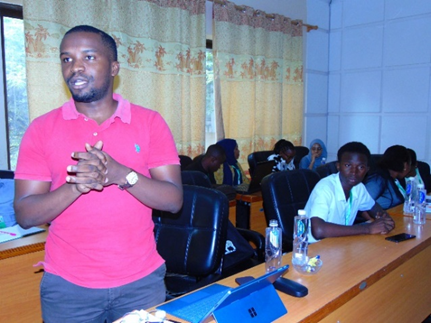
Figure 7: Trainees sharing group work, research findings, achievements, experiences and challenges
On April 19, the Deputy Principal – College of Natural and Applied Sciences gave the closing remarks and awarded certificates to the trainees (Figure 8).
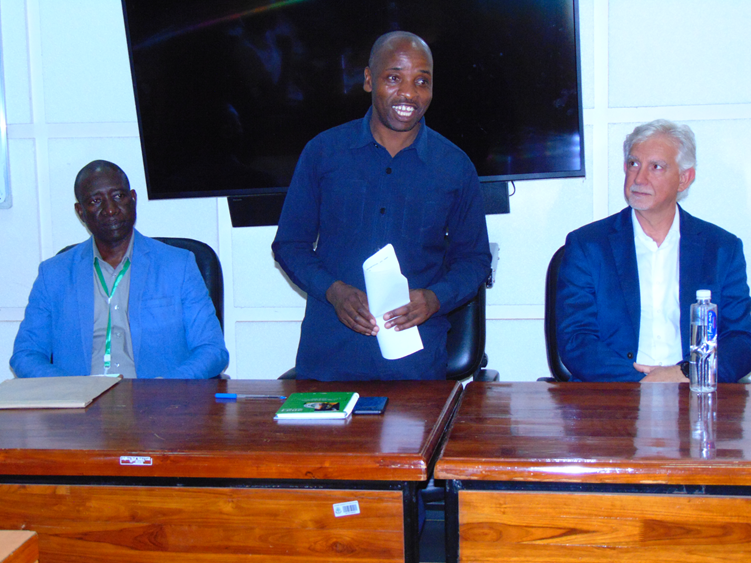
Figure 8: Dr. Beda Mwang’onde delivering the speech during the closing ceremony
Dr. Beda urged trainees to make use of Ecohydrology for enhancement of sustainable flow of ecosystem services. He emphasized: “I am pleased to let you know that Ecohydrology is a new paradigm shift as bankable nature solutions for environmental sustainability as indicated in the training theme. The use of bankable nature solutions entails the use of economic and biological approaches for maintaining the ecological functions of natural ecosystems. This is crucial for the management of aquatic biodiversity and sustainable future of our planet”.
Thereafter, trainees received certificate of attendance from the Deputy Principal – College of Natural and Applied Sciences (Figure 9)
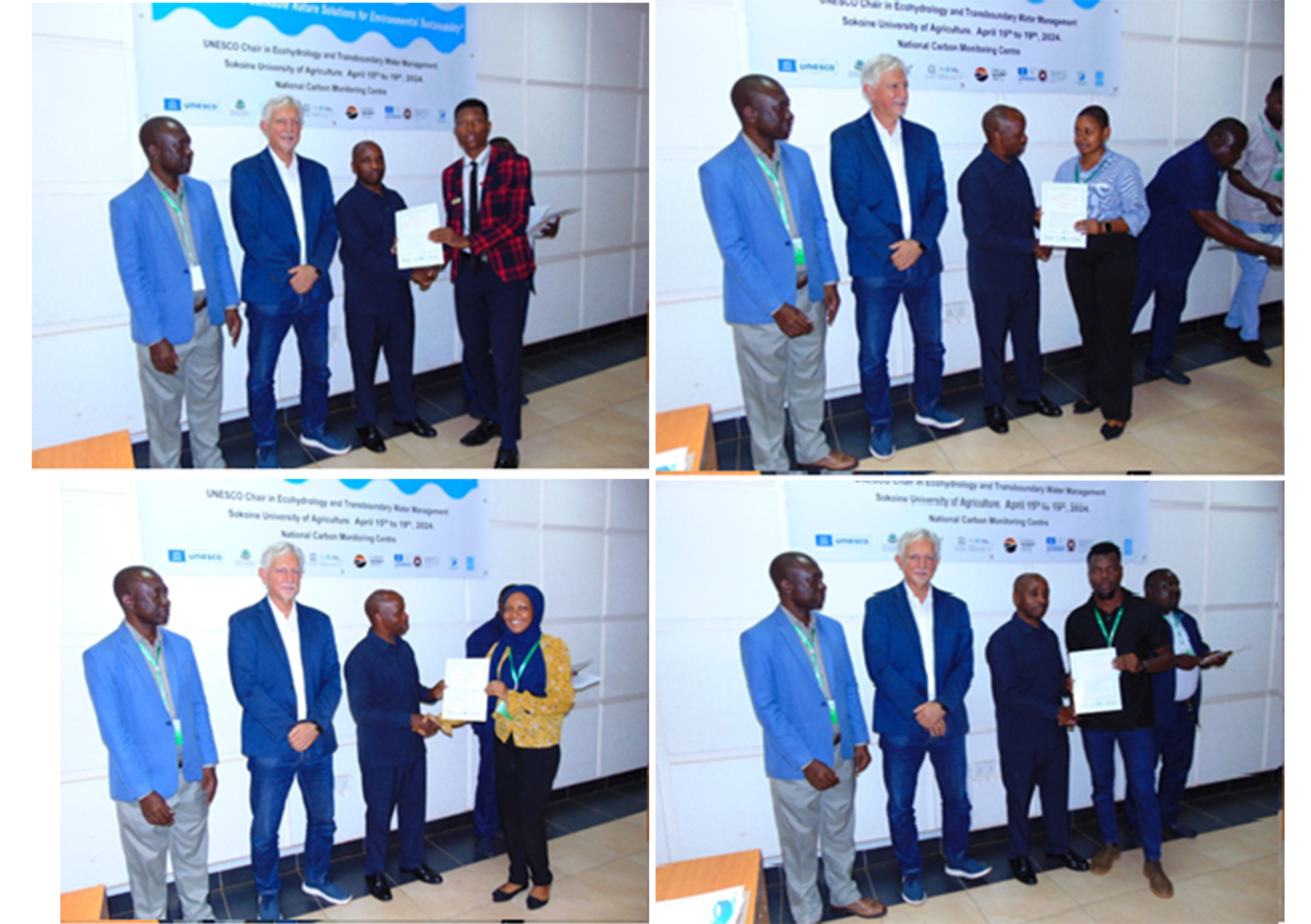
Figure 9: Dr. Beda Mwang’onde presenting certificates during the closing ceremony
Mr. Keven Robert from UNESCO Dar es Salaam Office also shared some closing remarks. He urged young scientists to take the training seriously and use the knowledge and skills gained from the training as their defining moment for their future careers (Figure 10).
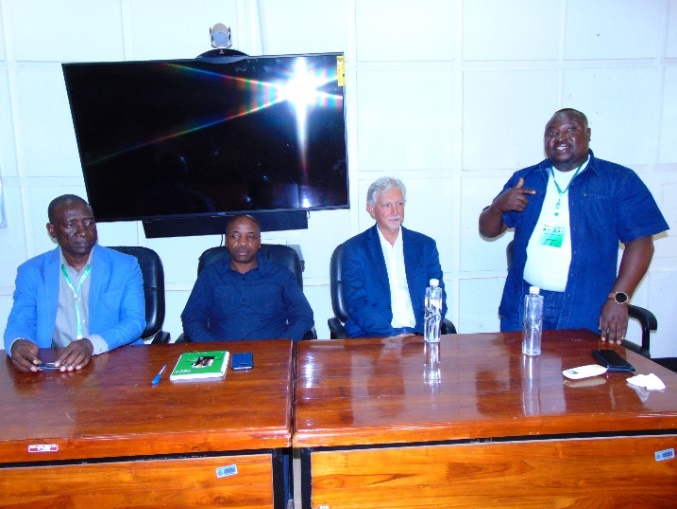
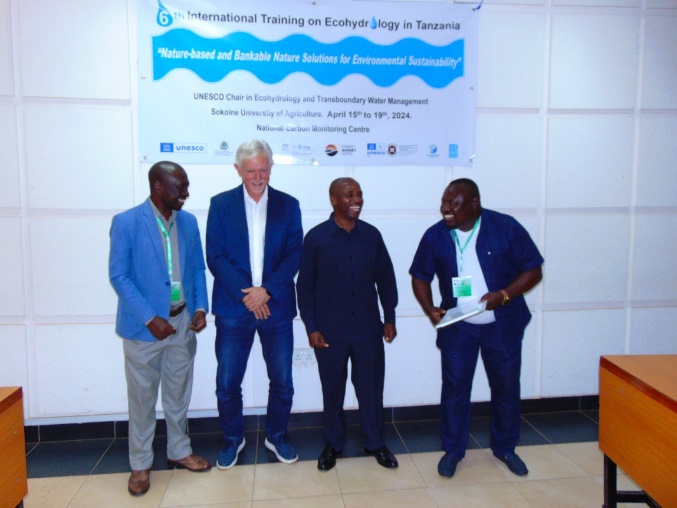
Figure 10: Mr. Keven Robert highlighting some key issues during the closing ceremony
Below are some of the pictures of the 6th training (Figure 11)
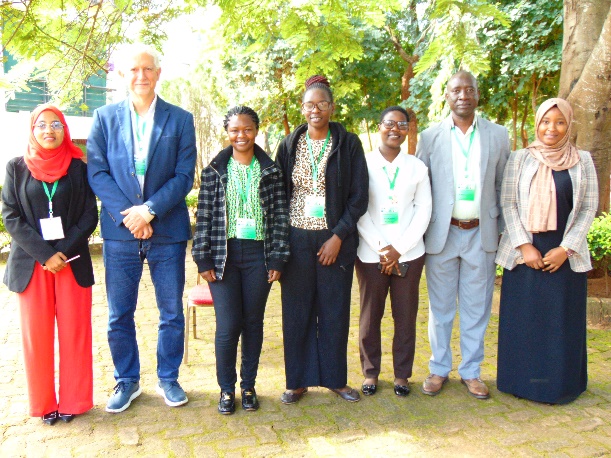
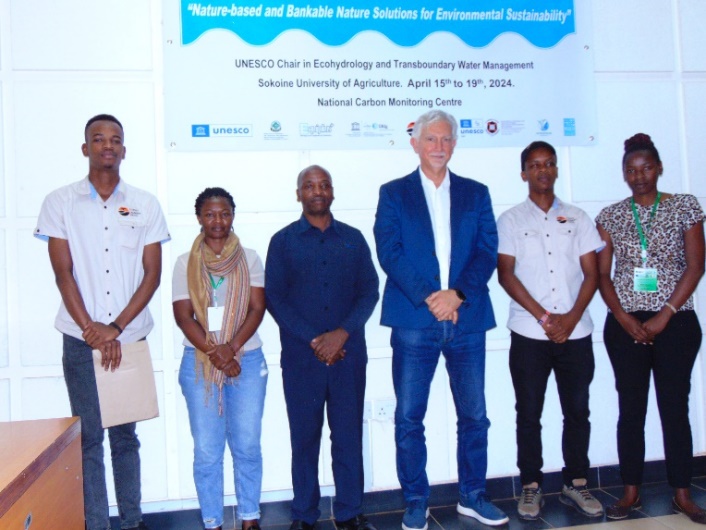
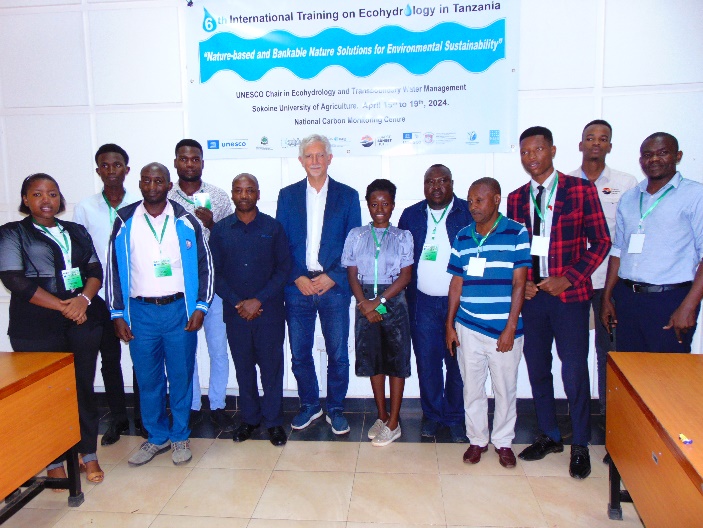
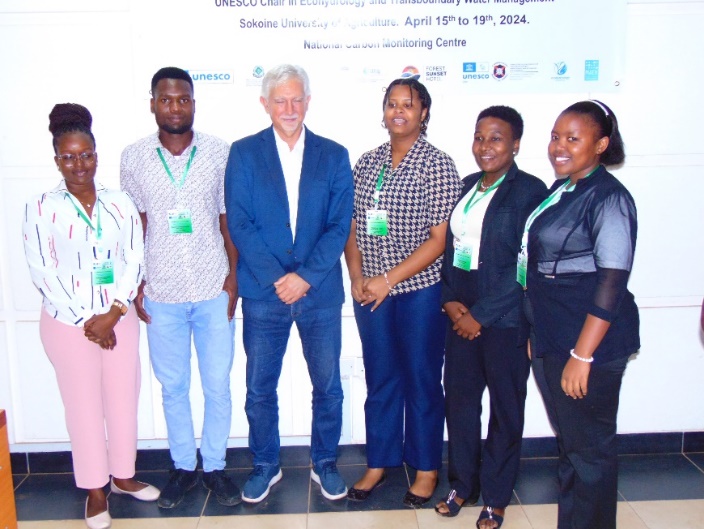
Figure 11: Pictures of trainees and instructors
Future plans
The UNESCO Chair is working on:
- The preparation of the forthcoming training scheduled to take place on 25th - 29th, November 2024
- The proposal for the demosite establishment along Mara River Wetlands
For more information, do not hesitate to contact:
Dr. Makarius C.S. Lalika
UNESCO Chair on Ecohydrology and Transboundary Water Management, Department of Geography and Environmental Studies, College of Natural and Applied Sciences, Sokoine University of Agriculture, IAGRI Building, Ground Floor, Office No 17, P.O. Box 3038 Morogoro TANZANIA
E-mail: lalika_2mc@sua.ac.tz; makarius.lalika@yahoo.com
WhatsApp: +255 754 201 306




